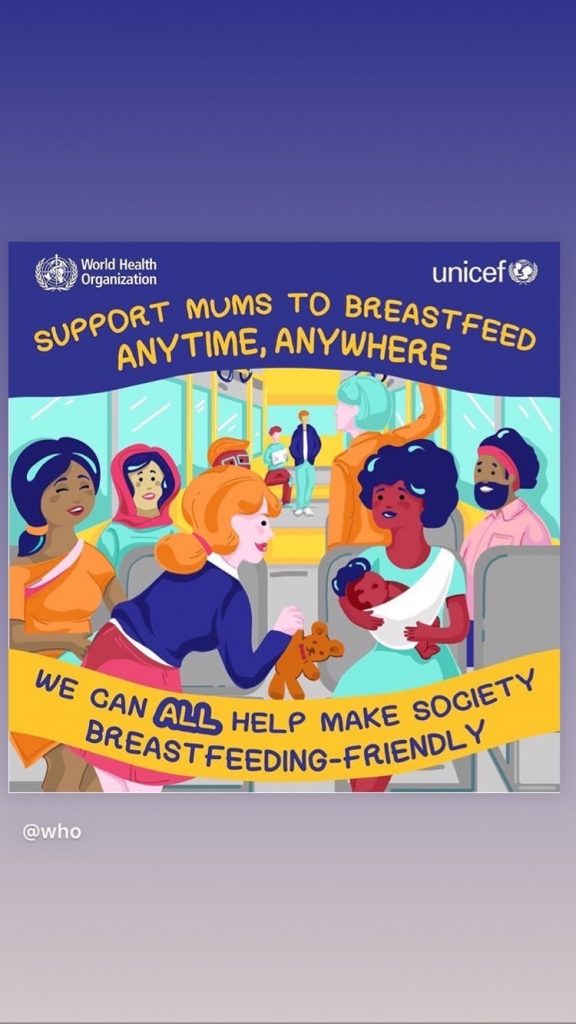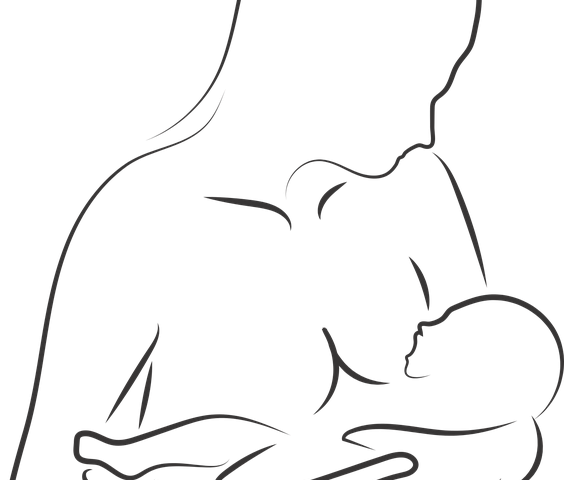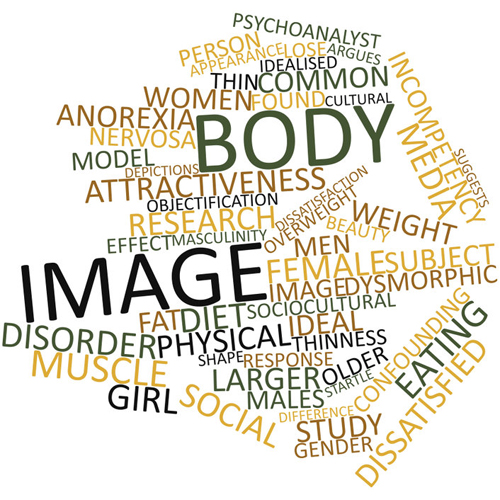Breastfeeding Generations to Come: A Public Health Campaign.

Fentanyl and Other Killer Drugs: Addressing Global Opioid Crisis.
October 11, 2019
Childhood Bullying and Mental health: A Global Challenge.
December 11, 2019Never be afraid to nurse in public. If people don’t see it, it will never become normalized.” ~nourishing ourchildren.org
One of the joyous moments in life is when a new life enters the world. It is an amazing period and the feeling of holding and embracing that precious one is indescribable. It is even a cherry on top for a first time mother. You want to do everything right i.e. exclusively breastfeed the baby because of the importance, protect and guard the precious one. Unfortunately life happens sometimes, such is the case with my family. Before the birth of our first child, the goal and plan was to exclusively breastfeed for the first 6 months but when our bundle of joy arrived, the level of bilirubin (jaundice) in his system was high. Although, I knew this occurs in babies and can be treated, I was understandably devastated and on top of this I did not produce milk immediately. I felt pressured by the doctor and nurses to feed the baby formula. I was told, because of his level of bilirubin that he needs liquid in his system so that he can excrete some of the bilirubin. I fought really hard to stay true to our original plan of exclusive breastfeeding but at some point, the situation was out of my control. My baby was kept overnight in the Neonatal Intensive Care Unit (NICU) for phototherapy- a treatment to lower his bilirubin levels, during which he was given formula. After the whole ordeal at the hospital, we did both formula and breastfeeding interchangeably. I felt at the time and still feel now that the hospital did not do enough to support and encourage me to breastfeed. After all, breastfeeding is a learned behavior and all mothers especially first timers need constant support to establish and sustain appropriate breastfeeding practices.
I feel like breastfeeding campaign falls short in many hospitals when compared to how baby formula companies market their products to new parents i.e. given them free formula samples and coupons. Aside from pamphlets and paper information given at hospital about the importance of breastfeeding, I think public health educators should be physically present and making rooms round to educate and give short talks to new moms on the importance of breastfeeding. Such programs will show support and encourage mothers to adopt this amazing practice. For instance, the American Public Health Association stressed that health professionals have inadequate training, education, and resources to provide appropriate breastfeeding support. This clearly was the case for me during my birthing experience.
Breastfeeding is the normal way of providing young infants with the nutrients they need for healthy growth and development. Virtually all mothers can breastfeed, provided they have accurate information, and the support of their family, the health care system and society at large, according to the World Health Organization. Furthermore, Colostrum, the yellowish, sticky breast milk produced at the end of pregnancy, is recommended by WHO as the perfect food for the newborn, and feeding should be initiated within the first hour after birth. It is important to note that there are mothers that cannot breastfeed due to health and other reasons. In those unique cases, mothers have no choice than to offer formula to their infants.

While there are breastfeeding guidelines and recommendations from organizations such as the WHO, there is still a lack of social, legislative, and policy support for breastfeeding. In most cases, disparities exist among women in different parts of the world in terms of practicing exclusive breastfeeding. Certain countries including Canada, and some European countries, offer paid maternity leave for up to a year to new moms. This kind of policy provides needed support for mothers to exclusively breastfeed and bond with their infants during this period. Meanwhile mothers in the United States and other countries don’t have that luxury of one year paid maternity leave, making it difficult to exclusively breastfeed. Another instance, is that, most companies don’t provide worksite lactation area for their employees. Adding to the difficulty, is the harassment women sometimes face for breastfeeding in public -a different topic on its own.
Bottom line is that effective legislations that support women breastfeeding practices such as paid maternity leave and policies that protect women from public scrutiny due to public breastfeeding are required for women to fulfill the breastfeeding guidelines from the WHO. Efforts (i.e. national campaign) should be geared toward promoting breastfeeding in hospitals, public places, and improving social and cultural acceptance of the practice.
WHO’s Guidelines for Breastfeeding
- It is recommended that mothers worldwide to exclusively breastfeed infants for the child’s first six months to achieve optimal growth, development and health.
- Thereafter, babies should be given nutritious complementary foods and continue breastfeeding up to the age of two years or beyond.
- To enable mothers establish and sustain exclusive breastfeeding for 6 months, follow these steps:
- Initiation of breastfeeding within the first hour of life
- Exclusive breastfeeding – that is the infant only receives breast milk without any additional food or drink, not even water
- Breastfeeding on demand – that is as often as the child wants, day and night
- No use of bottles, teats or pacifiers
Importance of Breastfeeding According to WHO
- Breast milk is the natural first food for babies, it provides all the energy and nutrients that the infant needs for the first months of life.
- Breast milk promotes sensory and cognitive development, and protects the infant against infectious and chronic diseases
- Exclusive breastfeeding reduces infant mortality due to common childhood illnesses such as diarrhea or pneumonia, and helps for a quicker recovery during illness.
- Breastfeeding contributes to the health and well-being of mothers;
- It helps to space children
- Reduces the risk of ovarian cancer and breast cancer




